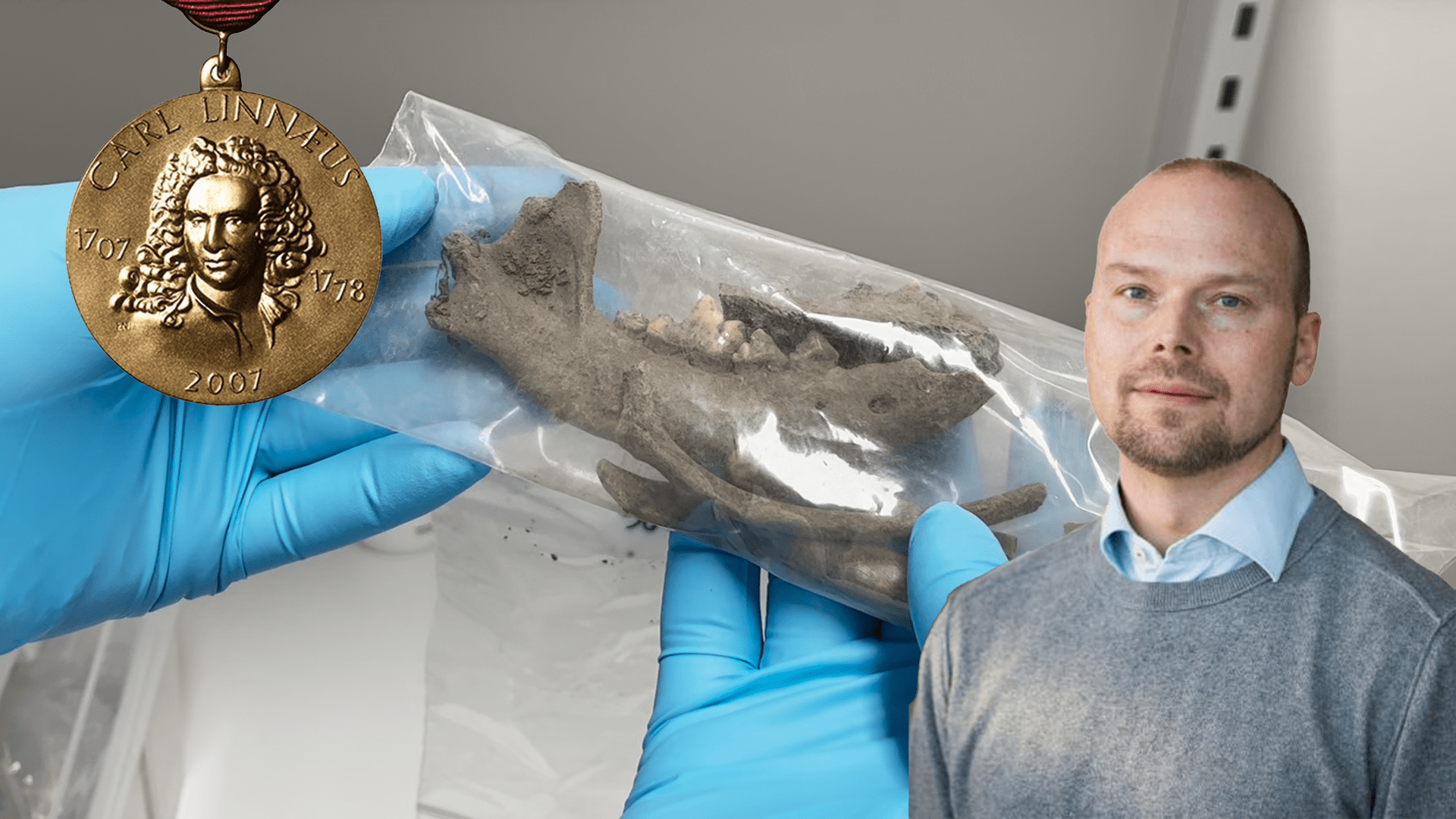SciLifeLab researcher Mattias Jakobsson awarded the Linnaeus Medal
The Uppsala University Linnaeus Medal was initiated in 2007 to celebrate the 300th anniversary of Carl von Linnaeus’s birth and recognize outstanding scientific accomplishments. In 2023, Dr. Mattias Jakobsson was awarded for his work in population genetics and human evolution. Using computational biology and molecular genetics, Jakobsson has unearthed significant insights into human genetic variations and evolutionary history.
The Uppsala University Linnaeus Medal was awarded for the first time on the 300th anniversary of Carl von Linnaeus’s birth, May 23, 2007. It is bestowed in gold “primarily for outstanding scientific achievement, especially in the Linnaean fields of science or fields closely related to the memory of Linnaeus.”
The 2023 Linnaeus Medal was awarded to Dr. Mattias Jakobsson, platform scientific director at the SciLIfeLab Ancient DNA unit and Professor of Genetics at the Department of Organismal Biology, Uppsala University.
The motivation is as follows:
“Dr. Mattias Jakobsson is recognized for his research on population genetics and human evolution. In his research, he uses computational methods to describe complex patterns of human genetic variation in both modern and historical populations. Jakobsson has made significant contributions to research on the emergence of modern humans and historical colonization and migration in the Eurasian landmass and sub-Saharan Africa.”
“It is an incredibly exciting time for anyone interested in human genetics and the evolutionary history of humans. I am pleased to be able to contribute to new knowledge about our past by combining computational biology with molecular genetics,” says Mattias Jakobsson, platform scientific director for the SciLifeLab Ancient DNA unit.
Dr. Mattias Jakobsson has a broad interest in population genetics and human evolution. His lab uses computational approaches for deciphering complex patterns of large-scale human genomic variation from both modern-day and ancient humans in order to understand human evolutionary history. The lab focuses on interrogating long-standing questions in human evolution, including the colonization and migration in Stone Age Eurasia and the population history of sub-Saharan Africans.





